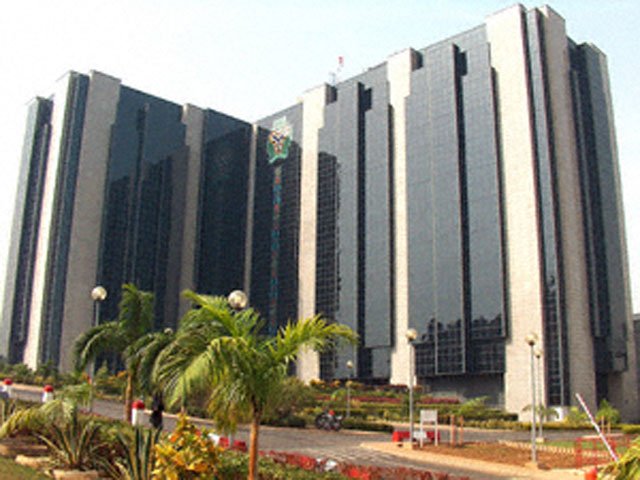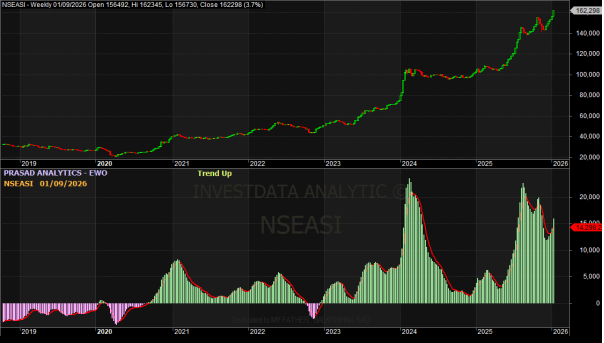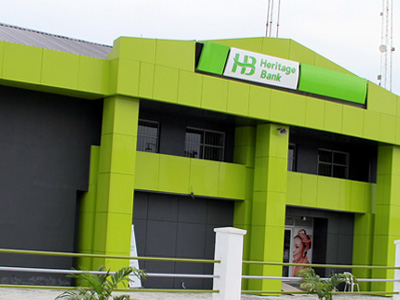
Laments Low Inclusion Rate
In its bid to ensure a sound financial system, while enhancing access to financial services for low income earners and the unbanked across the country, the Central Bank of Nigeria (CBN), at the weekend published an exposure draft for Payment Service Banks, proposing a minimum paid-up capital and capital reserve of N5bn.
As part of the financial requirements, the CBN also proposed a non-refundable application fee of N500,000 and non-refundable licensing fee of N2m, adding that “investment of the share capital deposit shall be subject to availability of investment instruments and upon the grant of license or otherwise.”
The deposit shall be refunded to the applicant, “together with the investment income, if any, after deducting administrative expenses and tax on the income.”
Such PSBs, which must have the phrase: “Payment Service Bank” in their name (to differentiate them from other banks), shall operate mostly in the rural centres and unbanked locations.
They are also to maintain statutory reserves as applicable to deposit Money Banks and in line with Section 16 of the Banks & Other Financial Institutions Act (BOFIA), as may be prescribed from time to time.
The PSBs shall establish automated teller machines in some of these rural and unbanked areas and are at liberty to operate through banking agents in line with CBN guidelines. They may also use other channels like electronic platforms to reach customers, besides establishing coordinating centres in clusters of outlets to control the activities of various access points and banking agents. They are also to be technology driven and conform to best practices on data storage, security and integrity, in addition to setting up customer help desks at its main office and coordinating centres to attend to customer-related issues.
The licensees must also abide by provisions of the CBN Code of Corporate Governance for banks, as well as provisions of the Revised Assessment Criteria for Approved Persons Regime for financial institutions.
“Where a PSB is a related company to an existing infrastructure provider which provides services to other financial institutions, the PSB shall ensure that its dealings with the infrastructure provider are at arms-length.
The CBN is also proposing that capital adequacy ratio of PSB measured as a percentage of shareholders’ funds unimpaired by losses to its risk weighted assets, while minimum CAR (Capital/Risk Weighted Assets Ratio) for PSBs shall be 10%, or as may be prescribed from time to time.
Capital measurement approach for PSBs shall be as applicable to DMBs from time to time; even as PSBs must maintain no less than 75% of their deposit liabilities to Treasury Bills and other short-term Federal Government debt instruments at any point in term.
Although PSBs may make their investments from the CBN window, all funds in excess of their operational float shall be placed with DMBs.
They are allowed to participate in the payment and settlement system and have access to the inter-bank and the CBN collateralized rep window for its temporary liquidity management.
This, according to the accompanying note to the exposure draft on the Guidelines for Licensing and Regulation of Payment Service Banks, prepared by the CBN’s Financial Policy and Regulations Department. The document signed by Kevin Amugo, Director of the CBN’s FPRD, is part of efforts to promote a sound and deepened financial system.
The opening note to the draft lamented that despite various initiatives such as microfinance banking, agent banking, tiered Know-Your-Customer requirements and Mobile Money Operations, “inclusion rate remains below expectation.”
The CBN’s National Financial Inclusion Strategy (NFIS) launched on October 23, 2012 seeks to ensure that over 80% of Nigeria’s bankable adults have access to financial services by 2020.
The PSBs initiative, the guideline noted, is in collaboration with critical stakeholders in the digital financial ecosystem like the Nigerian Communication Commission, commercial banks, mobile money operators and telecommunication companies, following several study tours.
Such licensed “PSBs are expected to leverage on mobile and digital services to enhance financial inclusion and stimulate economic activities at the grassroots through the provision of financial services.”
They will also enable high-volume low-value transactions in remittance services, micro-savings and withdrawal services in a secured technology-driven environment to further deepen financial inclusion and help in attaining the policy of 20% inclusion rate by 2020.
PSBs are to maintain savings accounts and acceptable deposits from individuals and small businesses to be covered by deposit insurance scheme; carry out payments and remittances (including inbound cross-border personal remittance services using various channels within Nigeria, in addition to issuing debit and pre-paid cards. They are also allowed to operate electronic purse, invest in FGN and CBN securities an carry out such other activities as may be prescribed by the apex bank.
Payment Service banks are however forbidden from granting any form of loans, advances and guarantees; trading in the foreign exchange market, except personal remittances; and insurance underwriting. They are also not allowed to undertake any other transaction not prescribed by the guidelines; just as they cannot establish any subsidiary, except as prescribed in the CBN regulation.
Eligible shareholders/promoters are listed as banking agents, telcos through their subsidiaries, rural based supermarket chains and MMOs who desire to convert to PSBs.











